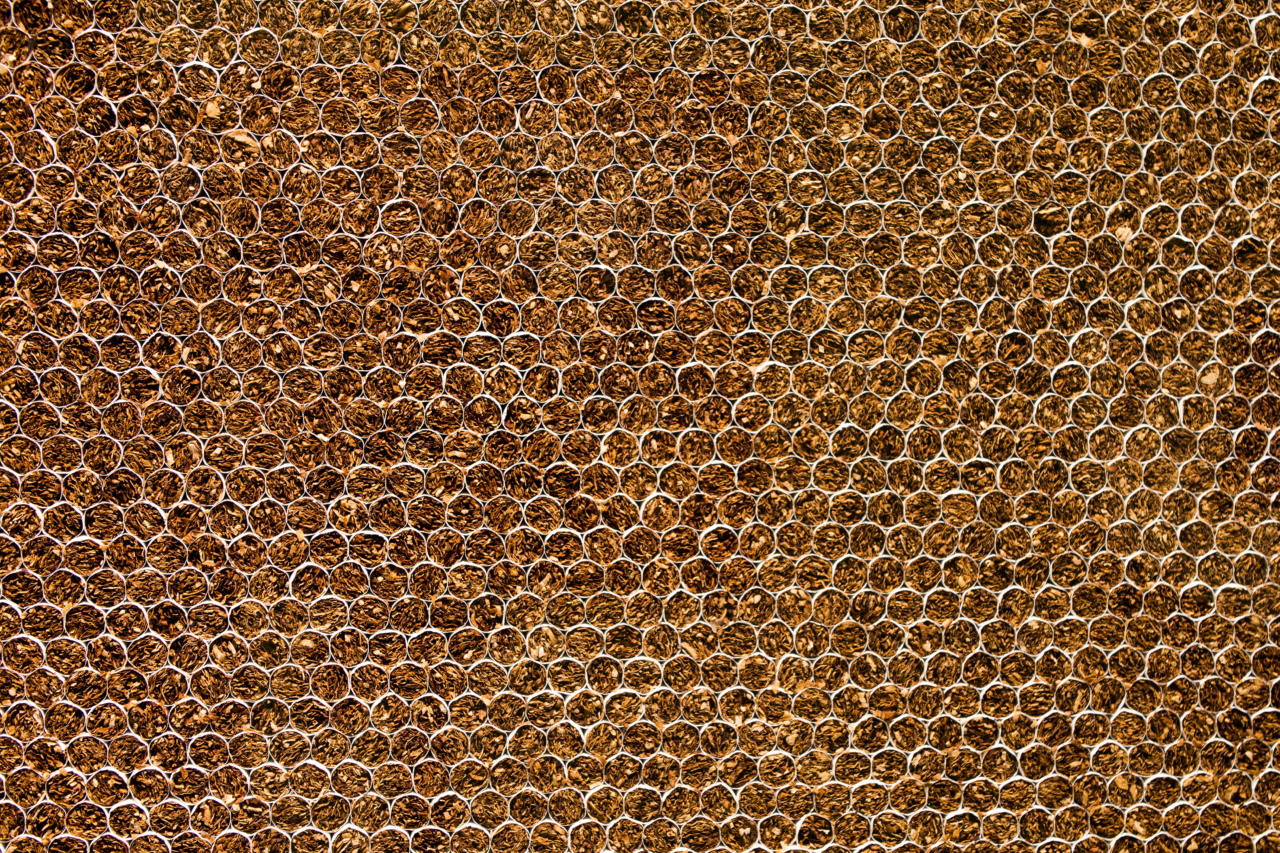Colon cancer, also known as colorectal cancer, is one of the most common types of cancer worldwide. It occurs when abnormal cells form in the colon or rectum, which are parts of the large intestine responsible for storing and eliminating waste.
While various factors can contribute to the development of colon cancer, dietary habits play a significant role. Certain dietary choices can significantly increase your risk of developing this potentially life-threatening disease. In this article, we will explore some dangerous dietary habits that raise your colon cancer risk.
1. High Consumption of Processed Meats
Processed meats, such as hot dogs, sausages, bacon, and deli meats, are known to be detrimental to our overall health.
These meats often contain various additives and preservatives, including nitrates and nitrites, which are used to enhance their flavor and prolong shelf life. However, these compounds can react with proteins in the meat to form carcinogenic substances, such as nitrosamines, which are linked to colon cancer development.
2. Low Fiber Intake
Fiber plays a vital role in maintaining a healthy digestive system. It promotes bowel regularity and helps prevent constipation.
Additionally, fiber-rich foods aid in the removal of waste and toxins from the body, reducing the exposure of the colon to potentially harmful substances. Lack of dietary fiber can lead to complications, including an increased risk of colon cancer. Therefore, it is essential to include sufficient amounts of fruits, vegetables, legumes, and whole grains in your diet.
3. Excessive Red Meat Consumption
Eating red meat, such as beef, pork, and lamb, in excess can have detrimental effects on your health, including an increased risk of colon cancer.
The high iron content in red meat, especially when cooked at high temperatures, can cause the formation of harmful compounds known as heterocyclic amines (HCAs) and polycyclic aromatic hydrocarbons (PAHs). These substances can damage the DNA in colon cells, leading to an increased risk of developing cancer.
4. Low Consumption of Fruits and Vegetables
Fruits and vegetables are rich in essential vitamins, minerals, antioxidants, and fiber. These nutrients play a crucial role in maintaining a healthy colon and reducing the risk of colon cancer.
The antioxidants found in fruits and vegetables help protect our cells from damage caused by harmful free radicals. Furthermore, the high fiber content aids in the efficient elimination of waste, reducing the exposure of the colon to potential carcinogens.
5. Excessive Alcohol Consumption
Excessive alcohol consumption can have detrimental effects on various organs in our body, including the colon. Alcohol is converted into acetaldehyde, a toxic substance that damages DNA and proteins.
Additionally, excessive alcohol consumption can impair the absorption of essential nutrients, including folate, which is crucial for maintaining a healthy colon. Regular and heavy alcohol consumption has been linked to an increased risk of colon cancer.
6. Low Calcium Intake
Calcium is a mineral that plays a vital role in maintaining strong bones and teeth. However, it also offers protective benefits against colon cancer.
Adequate calcium intake has been associated with a reduced risk of developing colon polyps, which are precursors to colon cancer. Good dietary sources of calcium include dairy products, tofu, salmon, and leafy green vegetables.
7. High Intake of Sugary Foods and Drinks
Consuming excessive amounts of sugary foods and drinks can lead to weight gain and obesity, which are risk factors for colon cancer.
Additionally, a high sugar diet can promote inflammation in the body, which can contribute to the development of various diseases, including colon cancer. It is important to limit your intake of sugary foods and opt for healthier alternatives whenever possible.
8. Lack of Physical Activity
Leading a sedentary lifestyle and lack of regular physical activity can increase your risk of colon cancer. Exercise helps maintain a healthy weight, improves digestion, and promotes regular bowel movements.
Physical activity also reduces inflammation in the body and boosts the immune system, making it more efficient at fighting off cancer cells.
9. High Intake of Saturated and Trans Fats
Dietary fats are essential for our body, but excessive consumption of saturated and trans fats can promote cancer development.
Saturated fats are commonly found in animal products, such as fatty meats, butter, and full-fat dairy, while trans fats are often present in processed and fried foods. These fats increase inflammation in the body, which can contribute to the development of colon cancer.
10. Smoking
Smoking is a well-known risk factor for various cancers, including colon cancer.
The harmful chemicals in tobacco smoke can be absorbed into the bloodstream and transported to different organs, including the colon, where they can cause DNA damage and lead to the development of cancerous cells. Quitting smoking is crucial for reducing your risk of colon cancer and improving overall health.































